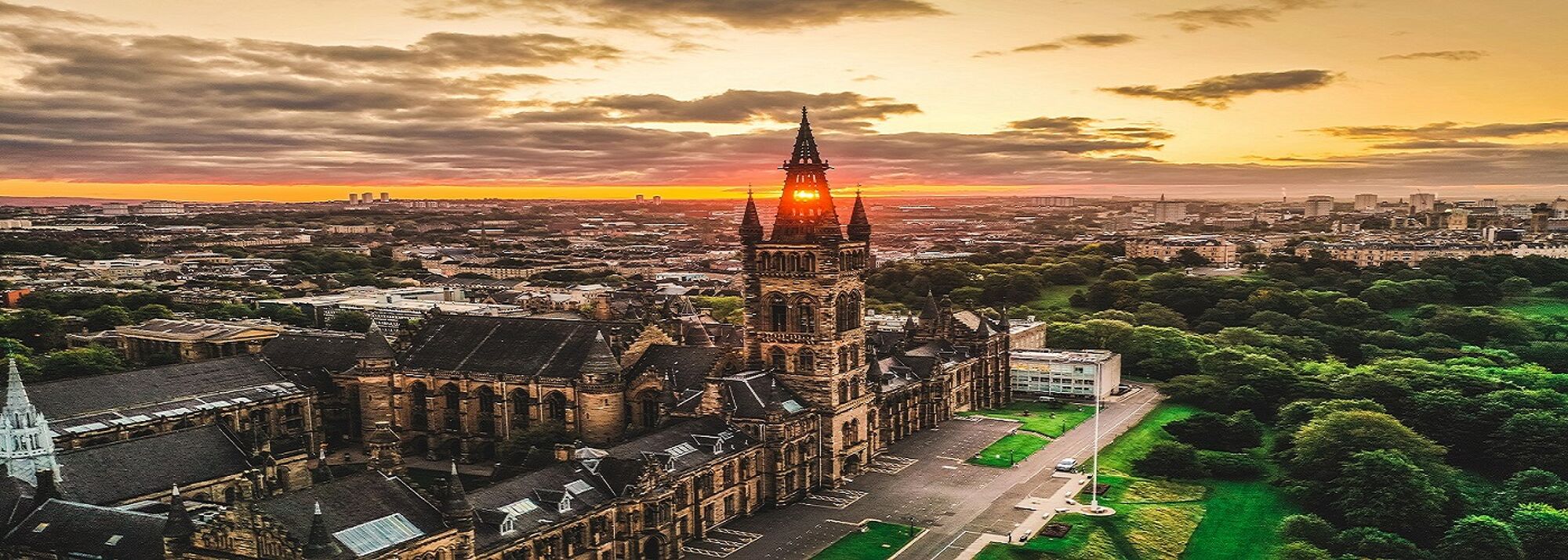
Research Excellence Framework (REF) 2021
REF2021 Results
Social Policy research at Glasgow draws from the School of Social and Political Science (SPS), the School of Interdisciplinary Studies (SIS) and the Institute of Health and Wellbeing (IHW). We are united in our commitment to civic social science, and share common interests in tackling social inequalities and injustices, nationally and internationally, through policy-relevant research underpinned by social theoretical expertise and methodological rigour. We are delighted to receive the results from our REF 2021 submission, with 95% of our work overall being recognised as ‘world leading’ or ‘internationally excellent.’
Impact Case Studies
- Improving experiences of justice for victim-survivors of rape and sexual assault
- Harnessing the draw of professional sports clubs to improve health and wellbeing
- Supporting Migrants’ Lives in Scotland
- Informing HIV policy formulation and prevention in Scotland
- Rethinking punishment and reintegration

